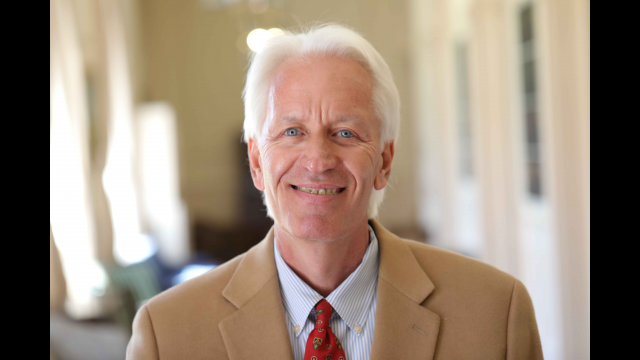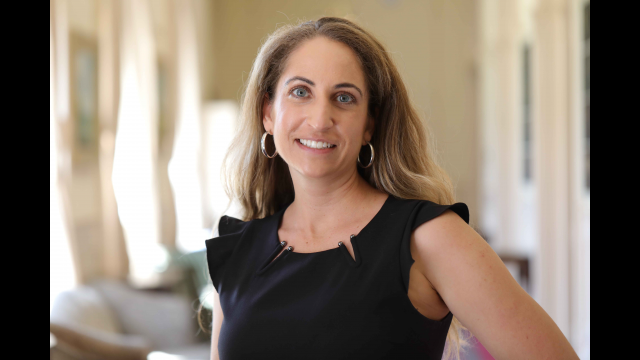-
 Marketing researchers from Baylor's Hankamer School of Business have discovered a messaging model that motivates people to take preventive actions to battle COVID-19. (Getty Images)
Marketing researchers from Baylor's Hankamer School of Business have discovered a messaging model that motivates people to take preventive actions to battle COVID-19. (Getty Images) -
 James Roberts, Ph.D., The Ben H. Williams Professor of Marketing, Baylor University Hankamer School of Business (Robert Rogers, Baylor Marketing & Communications)
James Roberts, Ph.D., The Ben H. Williams Professor of Marketing, Baylor University Hankamer School of Business (Robert Rogers, Baylor Marketing & Communications) -
 Meredith David, Ph.D., associate professor of marketing, Baylor University Hankamer School of Business (Robert Rogers, Baylor Marketing & Communications)
Meredith David, Ph.D., associate professor of marketing, Baylor University Hankamer School of Business (Robert Rogers, Baylor Marketing & Communications)
African Americans report higher preventive behaviors than Caucasians
WACO, Texas (March 29, 2021) – As the United States continues its march to vaccinate millions of citizens against COVID-19, marketing researchers from Baylor University's Hankamer School of Business have discovered a messaging model that motivates people to take preventive actions to battle the virus.
Researchers James Roberts, Ph.D., professor of marketing, and Meredith David, Ph.D., associate professor of marketing, teamed up for their latest study, "The Pandemic within a Pandemic: Testing a Sequential Mediation Model to Better Understand Racial/Ethnic Disparities in COVID-19 Preventive Behavior," which is published in the journal Healthcare.
The professors found that fear – specifically the fear of COVID-19 – has been the driving factor that motivates people to take preventive measures. Simply put, the message equation is: Fear of COVID-19 plus information receptivity equals preventive behaviors.
"Fear-of-COVID-19 is essential to get people to perform preventive behaviors like mask wearing, social distancing, hand-washing and vaccination," Roberts said. "If an individual or groups of individuals are not fearful of contracting or getting sick from COVID-19, they are less likely to perform preventive health behaviors. This is why young people are less likely to perform such behaviors."
This "Sequential Mediation Model" takes the place of the long-used "Health Belief Model," which the researchers said lacks the ability to explain why people do, or do not, perform certain preventive health behaviors.
Takeaways and Notable Findings
The researchers surveyed 483 U.S. African American, Caucasian and Hispanic adults. They investigated the role of fear of COVID-19, information receptivity (willingness to search for COVID-19 related information), perceived knowledge and self-efficacy (the belief that we can perform the required preventive behaviors) to explain disparities in preventive behavior across the three major U.S. ethnic groups.
The Roberts and David study also found:
- African Americans reported higher preventive behaviors and self-efficacy than Caucasians.
- Socio-economic status may be more important than race in understanding disparities in preventive health behaviors across the three ethnic groups studied.
- Caucasians were found to be more fearful of COVID-19 than African Americans and Hispanics, the latter of which were least afraid of the disease. This led to lower information receptivity (searching for COVID-related information) on the part of Hispanics.






